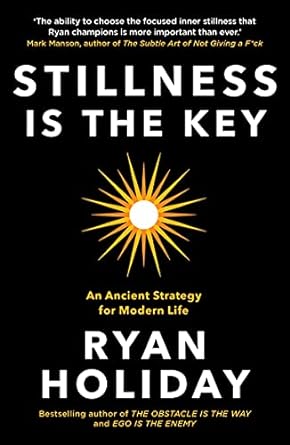Fabian Strategy
A strategy employing patience and restraint over defaulting to action, particularly where direct conflict or confrontation is not optimal.
Named after Roman Quintus Fabius Maximus who successfully fought the armies of Hannibal by largely avoiding battle and wearing the opposition down.
Key Insights & Principles
Strategy & Decision Making
Insights:- Direct conflict or action is not always the optimal strategy.
- As humans we have a bias towards action, which can result in social pressure to take action.
- Patience and restraint can sometimes be optimal, often followed by more strategic or timely action.
- Practice deliberate restraint and do not rush into action.
- Conserve resources. Put yourself in a position to take advantage when the timing is right.


